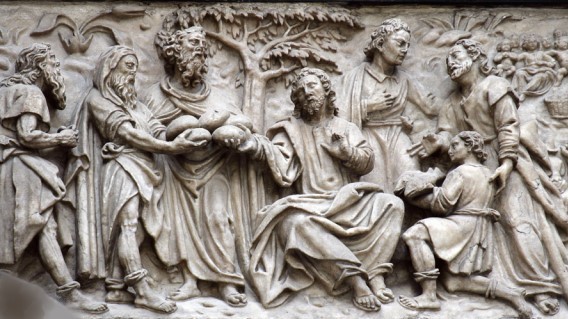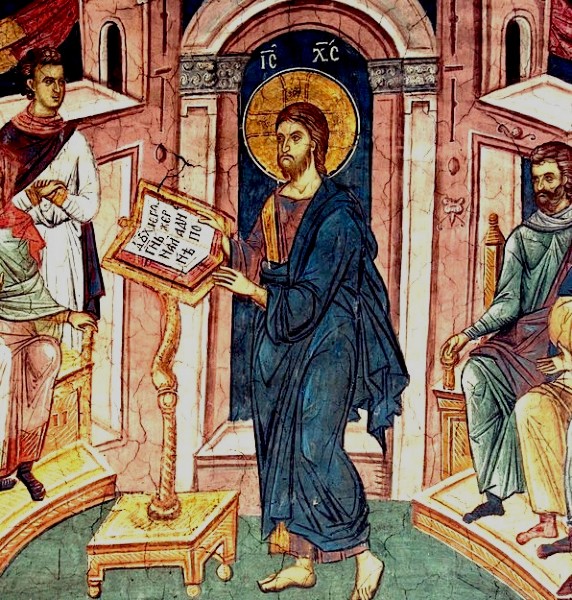Homily for the 19th Sunday in Ordinary Time, August 11, 2024, Year B

Fr. Charles Irvin Diocese of Lansing ( Click here for Sunday’s readings ) Recently I received an e-mail telling me about cactus plants, a topic that had not in the past provoked much interest on my part. After all, I pictured them to be gawkish and unattractive, although I have seen some cacti that appeared to have surrealistic heads and arms resembling human forms that exercised my imagination. Nevertheless, I read on. Pictures came as attachments to that e-mail, and when I opened them up and viewed those pictures, I was delighted to find that cacti produce stunningly beautiful blossoms, all of which brought me to reassess my judgments about cactus plants. Evidently there was a whole lot more to them than I thought. My “know-it-all” previous judgments about cacti completely blocked me from seeing the beauty that lay hidden within them. That lesson can be applied to the way we see people, especially people about whom we have a “know-it-all” attitude. All of us are familiar...



